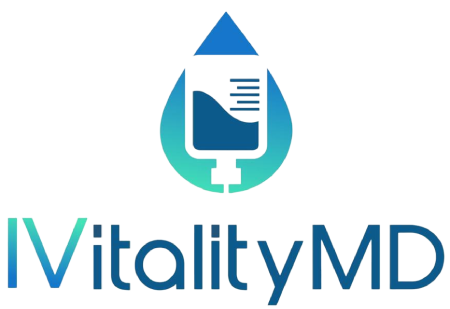Alternative medicines have gained popularity in recent years, with ozone therapy being one such approach that has piqued people’s interest. But is ozone therapy safe? Proponents laud it as a cure-all for a variety of health problems. However, critics voice reservations about its safety. IV Ozone Therapy Houston reveals the answers to, ”Is ozone therapy safe?” by solving the complexities of this novel holistic approach to address your quest.
Is Ozone Therapy Real or Fake?
According to some studies, ozone therapy has been marketed as a tested cure for a variety of ailments, including cancer. However, some have labeled it as ‘pure quackery.’ The treatment can have significant benefits and side effects. Therefore, always consult a healthcare practitioner before going for the therapy.
An Insight into Ozone Therapy
Before discovering, ”Is ozone therapy safe?” you must have the fundamental know-how of ozone and its utilization in your wellness. Ozone is a colorless gas. It is composed of three oxygen atoms. The essential objective is to help the immune system and work with recuperation. As advocates indicate, ozone treatment supposed antibacterial and resistant helping qualities can address various illnesses affecting well-being, from persistent problems to diseases.
Is Ozone Therapy Safe?
While advocates stress the possible advantages of ozone treatment, concerns concerning its well-being remain. The absence of long-term trials, potential side effects, and defined methods all raise fears among critics. It is critical to consider these concerns before making an educated choice about the safety of ozone treatment.
Click here to read ozone therapy detox symptoms.
Studies on Ozone Therapy
To assess the safety of ozone treatment, we must look into the scientific evidence. Several research have investigated the impact of ozone treatment on various health issues. One noteworthy discovery is that when provided by skilled specialists at suitable doses, ozone treatment has a minimal risk of side effects. However, the culprit is in the details, underlining the significance of following set norms.
Possible Side Effects and Risks
Ozone treatment, like any other medical intervention, has the potential to cause adverse effects. These may include respiratory irritation, coughing, and nausea. More severe effects have been recorded in certain situations, including oxidative stress and inflammation. It is important to note that ozone concentration, delivery technique, and individual patient characteristics can impact adverse effects.
Ozone Therapy Protocols and Guidelines
The safety of ozone treatment relies on adhering to established guidelines. Practitioners must follow defined parameters for ozone concentration, delivery route, and therapy time. Deviating from these standards can increase the likelihood of side effects and jeopardize the overall safety of ozone therapy.
Importance of Professional Administration
The expertise of the administering healthcare practitioner may be one of the most important predictors of ozone treatment safety. Proper training and experience are essential for reducing risks and maximizing possible advantages. Patients contemplating ozone treatment should seek practitioners who thoroughly grasp the therapy and are committed to following safety measures.
Patient Suitability and Individual Variability
Only some people are ideal candidates for ozone treatment. Previous medical problems, age, and, clinical history are critical elements in surveying, assuming this treatment is adequate. Before beginning ozone treatment, patients should have a total assessment to decide their propriety and any expected contraindications.
Need for Further Research
While previous studies provide insight into the safety profile of ozone therapy injections, a more substantial and long-term study is still needed. Robust clinical studies, systematic reviews, and meta-analyses are required to gain a more complete knowledge of the possible advantages and dangers of ozone treatment.
The Bottom Line
To summarize is ozone therapy safe, it is essential to know that it is not a matter of simple yes or no. The existing information shows that, when delivered according to established recommendations by experienced practitioners, ozone treatment may have a minimal risk of side effects. However, the absence of established methods, possible adverse effects, and the need for more studies highlight the significance of approaching ozone treatment with prudence.
As with any clinical intercession, you ought to examine the subtleties with trained medical services professionals, survey the potential dangers and advantages, and settle on informed choices regarding your ailments. Understanding the security of ozone treatment requires a balanced assessment of its benefits and risks.

